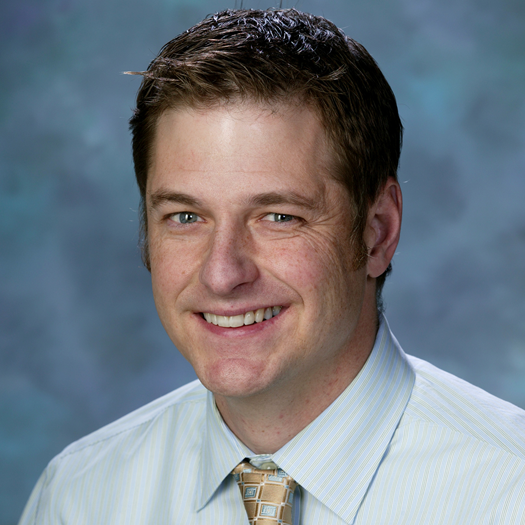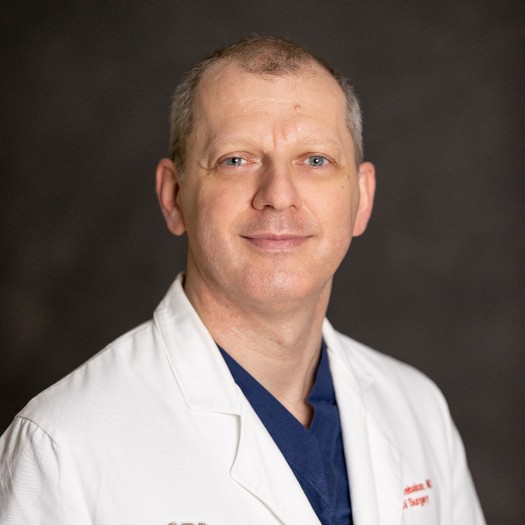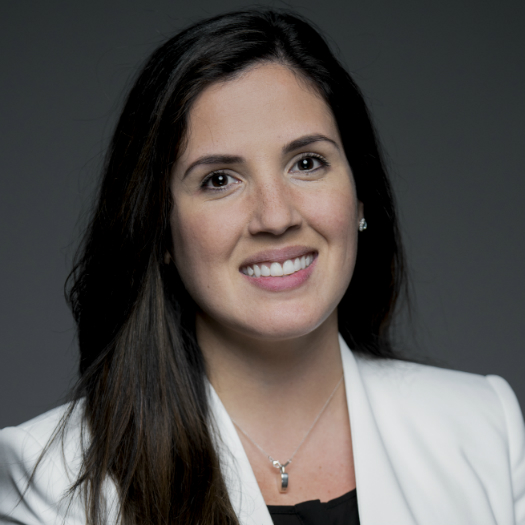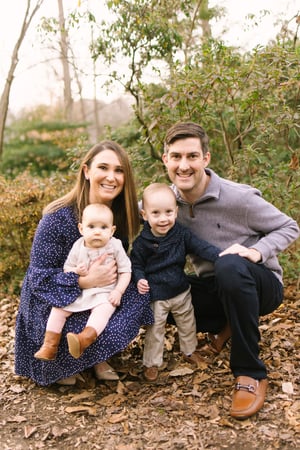
Nick's Story

When Nick Cornelius passed his pediatrician’s two-year-old well-child check-up with flying colors, his parents were thrilled. Probably even more thrilled than typical first-time toddler parents, because Nick’s life up to that point had been anything but typical.
In 2018, Kristen’s routine 20-week ultrasound identified an anomaly called omphalocele, a condition where some of her unborn baby’s organs were sticking out through an opening in the muscles of his abdomen. The diagnosis triggered a flurry of further tests and appointments to assess the baby’s condition and make a plan with a neonatologist, surgeon, geneticist, and others at Children’s National Hospital for how to keep him safe after birth until he could be treated.
"Despite some big unknowns, everyone reassured us Nick was in good hands and they were equipped to handle his needs whatever they may be," Kristen says. "We left Children’s breathing a sigh of relief and for the first time in over a week, felt that things were going to be ok."
"His due date was January 5," Kristen explains. "We were prepared for the fact that he’d have to be transported to the NICU without us right after he was born." To picture where Nick would be staying after he was born, Kristen and her husband Joe planned to tour the Neonatal Intensive Care Unit (NICU) at Children’s National beforehand.
But they didn’t have a chance to take that tour. In a total surprise, Nick was born at 30-weeks’ gestation on October 27 — only 10 weeks after his condition was first diagnosed by ultrasound. That turned out to be only the first of many curveballs tiny Nick threw their way.
In addition to his existing omphalocele, within his first six weeks of life, doctors found that Nick also had an inguinal hernia, when part of the intestine sticks through a weak spot in the abdominal muscle, an atrial septal defect (ASD), which is a hole in the wall between the two upper chambers of his heart, AND a duodenal atresia, an intestinal blockage that made Nick spit up constantly and unable to eat.
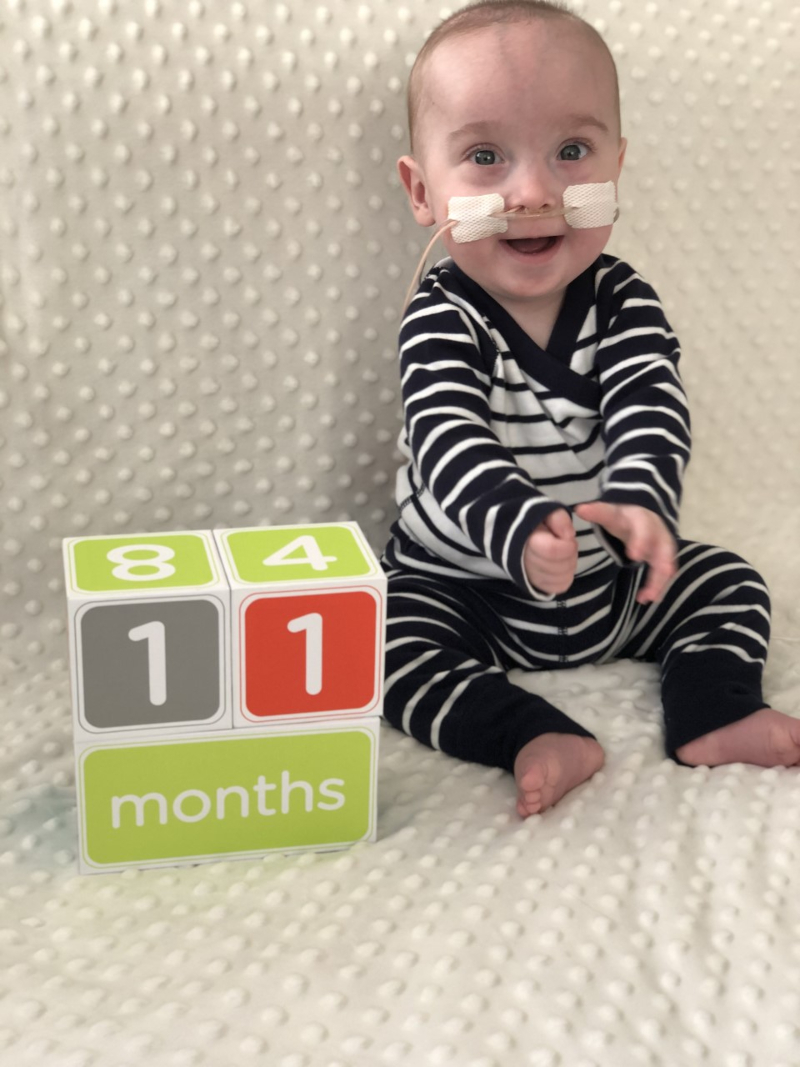 Through it all, the Children’s National team was there to guide and support them. "The doctors, nurse practitioners, social worker, case manager and nutritionist on the NICU’s Yellow Team became some of Nick’s greatest supporters," Kristen says. "They went above and beyond to answer our questions, arrange and attend family meetings, check on our mental and emotional well-being and provide Nick the very best care."
Through it all, the Children’s National team was there to guide and support them. "The doctors, nurse practitioners, social worker, case manager and nutritionist on the NICU’s Yellow Team became some of Nick’s greatest supporters," Kristen says. "They went above and beyond to answer our questions, arrange and attend family meetings, check on our mental and emotional well-being and provide Nick the very best care."
The NICU’s nurses also played a key role in the family’s early days. Basic tasks like changing a diaper, giving a bath and feeding all felt intimidating to the new parents while in the NICU setting, but the nurses guided them through it all until they felt confident to comfortably do it themselves.
In the middle of those first stressful weeks, the Cornelius family also met Surgeon-in-Chief Anthony Sandler, M.D. Dr. Sandler told them that Nick’s combination of challenges was rare. So rare, that even in his long pediatric surgical career, he hadn’t ever seen someone with both omphalocele AND duodenal atresia at the same time.
He had, however, cared for many, many newborns with one or the other condition as well as many babies and children with a variety of other combined conditions. All that experience made him confident that all of Nick’s challenges could also be repaired over time. He gave the family a clear set of parameters for Nick’s health that would show them he was strong enough to begin the series of surgeries he needed.
It was December 2018 when Nick met the milestones for his first surgery — the atresia repair and a skin closure over the omphalocele, both of which went well.
In total, Nick spent 108 days in the NICU at Children’s National before going home for the first time in February 2019.
Dr. Sandler stayed engaged with the family throughout their stay by visiting with them several times per week in the NICU. He also maintained contact with them after that initial discharge to help them prepare for some of the additional care Nick would need at home and for future procedures.
"It’s like he became a friend," says Kristen. "He talks to you like a peer and he is always honest and reassuring. He took all the time we needed to make sure we understood what the process would be like. We always feel like he’s there to support us on this journey and he’s going to be with us until everything is repaired."
Nick’s initial discharge from the hospital turned out to be the first of eight hospital stays after his birth. Cardiologist John Berger, M.D., and pulmonologists including Maria Arroyo Marr, M.D., worked closely with the family to manage Nick’s recurring episodes of respiratory distress throughout his first year of life. But, just after his first birthday, the team decided that it was time for Nick to undergo open heart surgery to correct his atrial septal defect and hopefully resolve some of his breathing issues. His heart surgeon, Can Yerebakan, M.D., met with the family and carefully explained every step of the procedure beforehand. After he successfully closed the ASD, he visited the family every day in the Cardiac Intensive Care Unit (CICU) to check on Nick’s recovery.
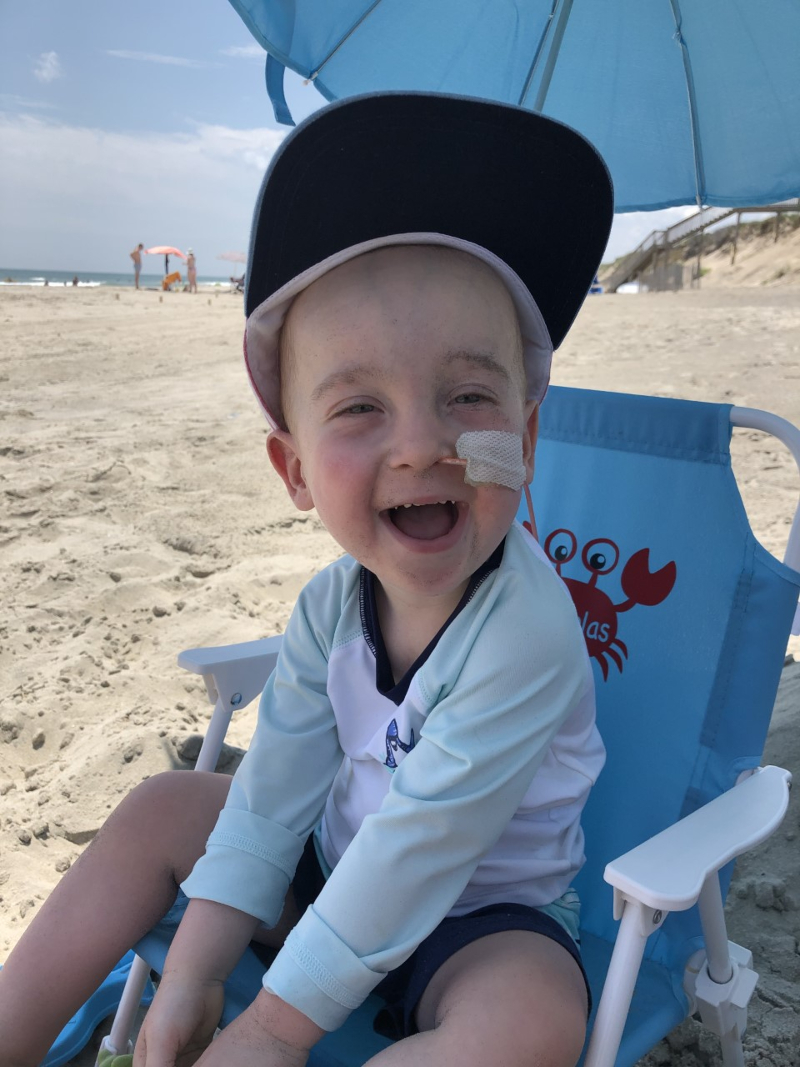 Though he faced a lot of hospital time and many challenges from the start, Nick has continued to grow and thrive. In spring 2020, he took his first steps and became a big brother to baby sister Bridget. During the summer of 2020, he went on his first beach vacation with family. In late August 2020 he had his final surgery for closure of the omphalocele and repair of his hernia.
Though he faced a lot of hospital time and many challenges from the start, Nick has continued to grow and thrive. In spring 2020, he took his first steps and became a big brother to baby sister Bridget. During the summer of 2020, he went on his first beach vacation with family. In late August 2020 he had his final surgery for closure of the omphalocele and repair of his hernia.
"The care provided by the nurses, doctors, surgeons, anesthesiologists, social workers, nutritionist, respiratory therapist, physical and occupational therapists, and so many others has been the very best," Kristen says.
The family celebrated a huge win after his August 2020 surgery when they were able to remove oxygen supplies from their house and donate all their feeding (NG) tube supplies to other families experiencing material poverty.
Today, Nick’s a busy two-year-old who loves eating French toast and French fries. He continues to check off developmental milestones and is a great big brother.
"It has truly taken a village and we’re so grateful for everyone who has been a part of Nick’s team," Kristen concludes. "Children’s National will always have a special place in our hearts."



